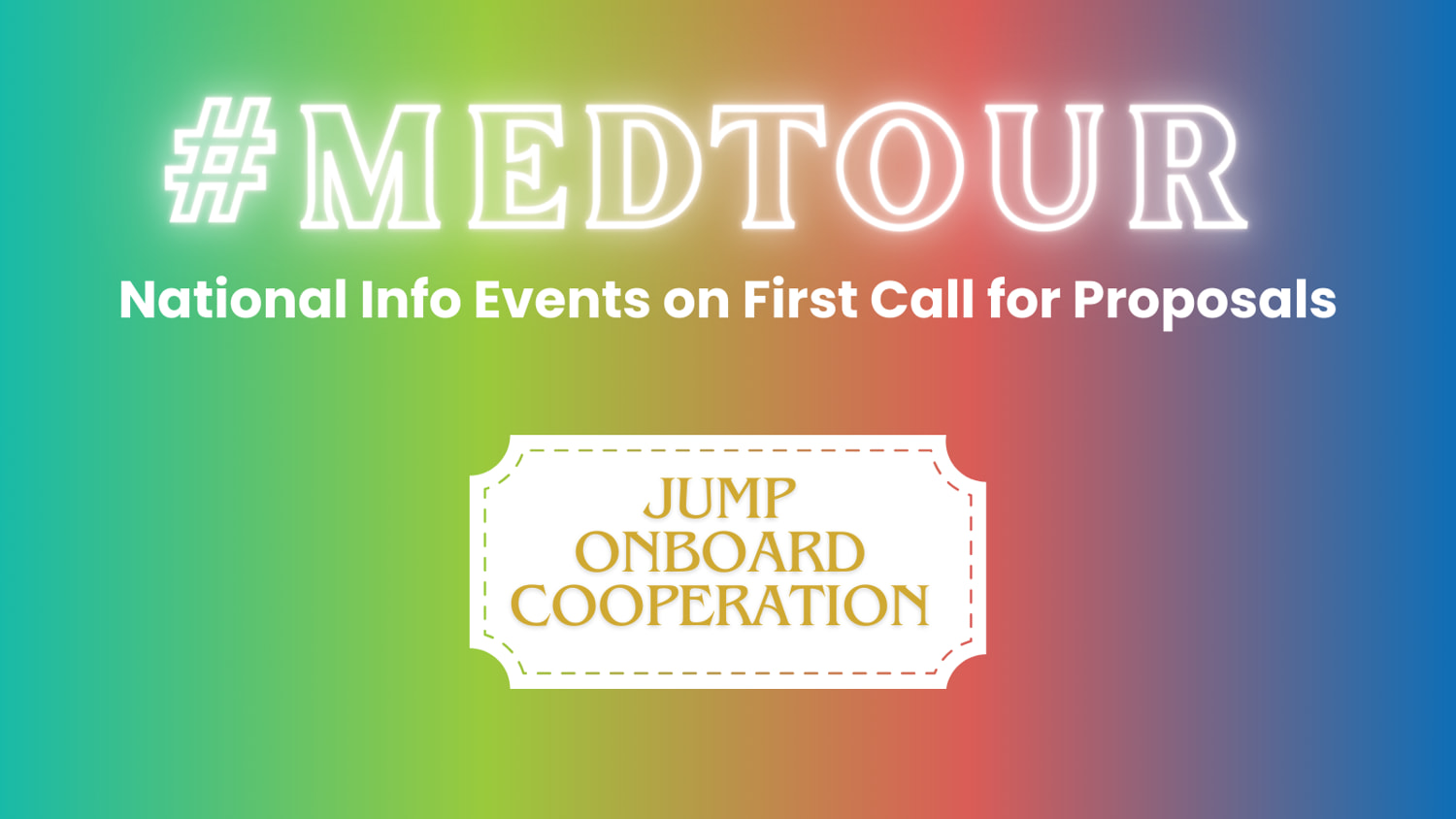Interreg NEXT MED 2nd Call for Proposals on Green Transition Projects | Deadline 15 April 2025
The Interreg NEXT MED Programme is pleased to announce the official launch of the Call for Green Transition Projects, providing €83.7 million in European Union’s funding to address climate challenges across the Mediterranean region.
The call aims to support innovative and collaborative solutions to address crucial climate challenges across the Mediterranean region. The deadline for submitting project proposals is 15th of April 2025 (1pm, CET).
Building on the success of the first call for proposals, which saw 630 projects submitted, this second call aims to drive scalable, innovative, and collaborative solutions, reflecting a collective ambition of the 15 participating countries for a low-carbon, climate-resilient Mediterranean. It addresses the region’s pressing climate challenges, as it is warming 20% faster than the global average.
The call focuses on key environmental sectors such as energy efficiency, circular economy, climate adaptation and disaster resilience, and sustainable water management. It also expands to other critical areas, including SMEs’ decarbonization, green innovation, skills for climate resilience, health system adaptation to climate change, and inclusive governance for effective climate policies.
Geographical coverage of the call extends to over 100 territories from 7 European Union and 8 partner countries, namely Cyprus, Greece, France, Italy, Malta, Portugal, Spain and Algeria, Egypt, Israel, Jordan, Lebanon, Palestine, Tunisia and Türkiye. To harness the benefits of transnational cooperation for accelerating the Mediterranean region’s green transition, each project must involve a partnership of at least three organizations from three different eligible countries, with at least one partner from a Mediterranean Partner Country.
The call is open to a wide range of stakeholders, including national and regional public authorities, municipalities, non-profit and civil society organizations, universities, research institutions, private companies, and other relevant entities.
The financial dimension of proposals ranges from €700,000 to €3.5 million, depending on the project type – green transformation or eco-youth. These latest, granted €16 million (corresponding to 20% of the budget of the call for proposals), aim to empower youth in the green transition through projects designed by young people for young poeple and involving youth-led/oriented organizations as key project partners.
The Programmme contribution covers 89% of the total eligible costs, requiring project co-financing of the remaining 11%.
More information: visit the call website page on the Interreg NEXT MED website

